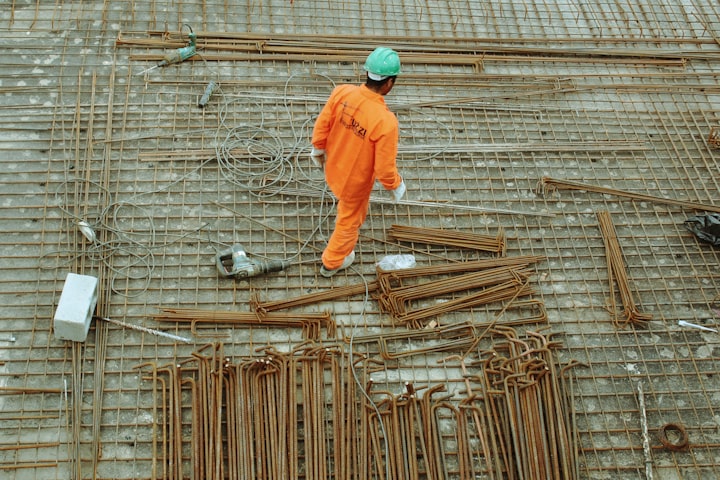Five common mistakes to avoid when pouring concrete
Concrete happens to be one of the common construction materials in use today and it has been widely utilized in various constructions

Concrete happens to be one of the common construction materials in use today and it has been widely utilized in various constructions for the last three thousand years, on average. And even the experienced contractor is bound to make a few mistakes when pouring concrete. But usually, most amateurs are the ones who make some of the common mistakes. And that’s why it makes sense to check them out since you can avoid repeating the same errors during the mixing and the application process. Check them out, and you may want to pay attention especially if you are planning to undertake a DIY project shortly.
- Too wet: You would find that most amateurs and professional concrete contractors in Wellington are bound to make this mistake often. You need to ensure that the concrete you mix, absolutely perfect. Otherwise, you may end up with a mixture that’s either too dry or too wet, and the latter is easily avoidable, as it often results from adding too much water. Just follow the given instructions to the letter and the mixture should come out perfectly. If the concrete has been mixed correctly, you should be able to pour the concrete into a 1/4th inch tall pile and be able to trowel it perfectly. So keep an eye out for how much water you add to the mixture, as it needs to be at the correct ratio otherwise, you run the risk of having one sloppy mess that’s not going to adhere much to anything.
- Too dry: This is yet another common mistake that most amateurs commit during their first construction job. If you do not add the right amount of water, you run the risk of having an extremely dry mixture. This will cause the cement to either flake off the wall or crack soon, resulting in huge cracks and the cement flaking off the wall. And that’s why you need to pay heed to how much water you are adding to the mixture.
- Too thin: This happens to be one of those mistakes that even the most seasoned of professionals commit from time to time. Sure, the experience should be able to provide you with a good benchmark but there would be a few projects where you would be required to trowel in the cement at the right thickness. And unless it is specified, most contractors tend to forget this part, which is understandable since nearly all of them would be under a tight schedule and would be required to complete the project soon. So confirm ahead as regards the required thickness for the concrete and pour the same accordingly.
- Reinforced mesh: Some swear by this and those who tend to avoid the same. But recent studies have highlighted the fact that reinforced mesh rarely prevents the cement from cracking. All it does is that it manages to hold the cracked pieces together giving you an even more dismal appearance. It makes more sense to try and prevent your concrete from cracking until it has set in properly and that should provide you with a more uniform and durable look.
- Old cement: You may assume that concrete lasts forever and the same, therefore applies to cement. You would be wrong on so many levels: yes, concrete tends to last a long while but cement does not. So if you truly care about the construction project at hand, you would make all effort to ensure that the cement is less than a year old, and has no lumps in it. This should provide you with an even mixture and the concrete should be perfect for application.
These are some of the mistakes that most contractors tend to make often and one that you may want to avoid repeating.
About the Creator
Alan Carter
Alan Carter is a blogger and digital marketing expert who can write articles based on SEO rules on various topics like technology, home decor, lifestyle, business, marketing, etc.you can also check techouniverse.com





Comments
There are no comments for this story
Be the first to respond and start the conversation.